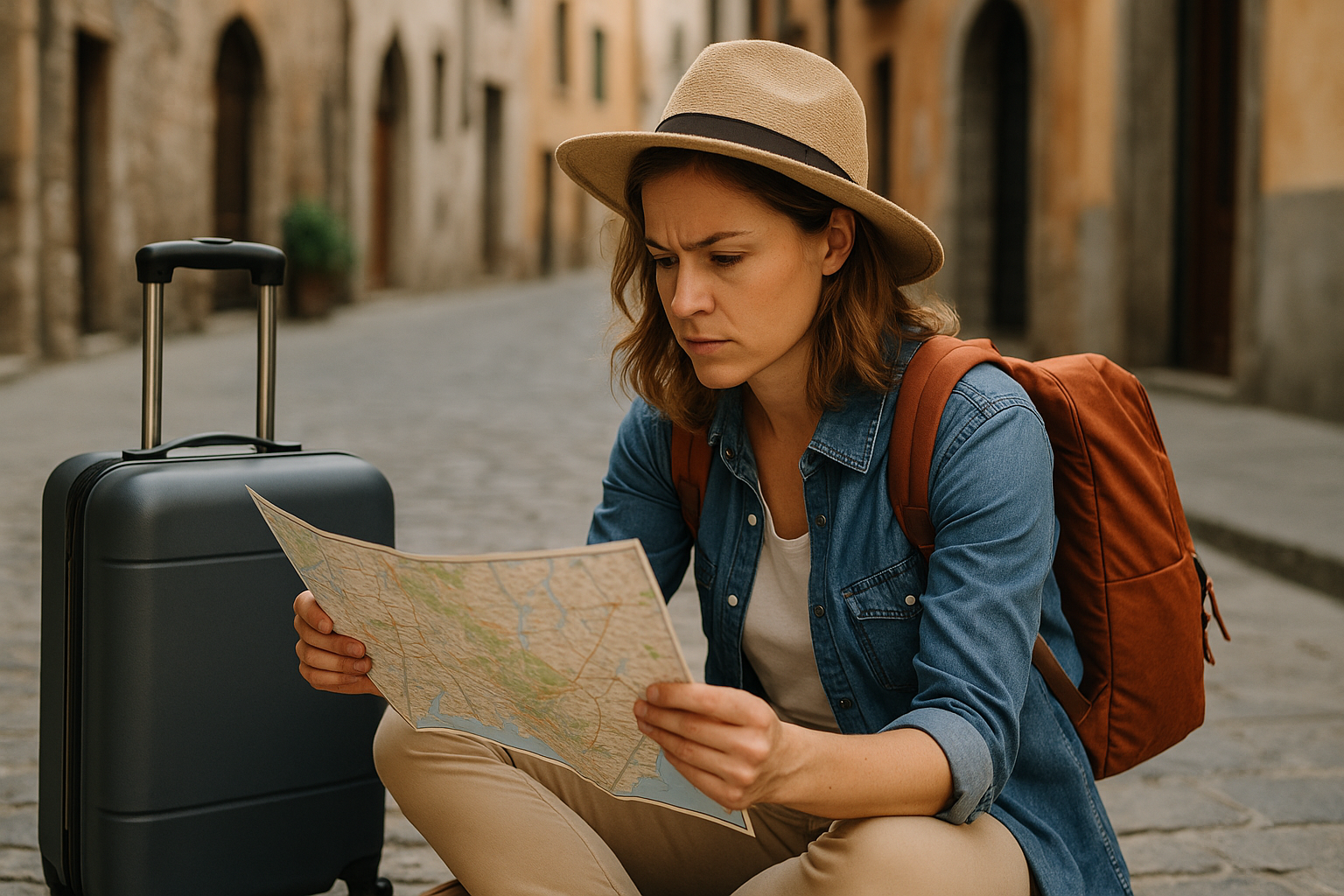Even the most perfectly planned trips can hit unexpected bumps. Flights get delayed, weather changes suddenly, attractions close without notice, or personal plans need adjusting. In travel, flexibility isn’t just a bonus—it’s a survival skill.
This article will show you how to prepare for the unexpected, adapt quickly when your itinerary changes, and even turn travel disruptions into opportunities for adventure.
Why Flexibility Is Crucial for Travelers
Travel is full of variables: weather, transportation, health, political unrest, and even natural disasters. Being too rigid with your plans can lead to frustration, stress, and missed experiences.
Benefits of staying flexible include:
- Reduced anxiety when things go wrong
- Opportunities for spontaneous discoveries
- Easier transitions when changes happen
- A more relaxed, enjoyable travel mindset
Plan with a Safety Net
Good flexibility starts with smart planning. While it’s important to have a general itinerary, leave room in your plans for adjustments.
Tips for building a flexible travel plan:
- Schedule buffer time between major activities
- Avoid overbooking tours and transport with tight connections
- Use cancelable or refundable reservations whenever possible
- Have backup options for each day (e.g., an indoor activity if it rains)
Apps like Booking.com, Airbnb, and Skyscanner often show options with free cancellation or flexible change policies.
Expect the Unexpected
Instead of fearing surprises, anticipate them. Build a mindset that welcomes change rather than resists it.
Common disruptions include:
- Flight or train delays
- Bad weather affecting outdoor plans
- Unexpected closures (strikes, maintenance, holidays)
- Illness or fatigue during the trip
- Lost luggage or delayed check-ins
Accepting that something will go wrong helps you respond calmly and avoid panicking.
Stay Informed in Real Time
When travel plans go sideways, timely information is your best ally.
Stay updated with:
- Airline and airport apps (e.g., FlightAware)
- Local news and weather apps
- Google Alerts or social media feeds for local updates
- Hotel front desk staff or tour guides for on-the-ground advice
Download offline maps and save key phone numbers in case you lose internet access.
Have a Plan B (and C)
Flexibility doesn’t mean being unprepared—it means being ready with alternatives.
How to create backup plans:
- Research multiple restaurants, cafes, or attractions in each area
- Keep a list of free or rainy-day activities nearby
- Have extra budget for last-minute changes
- Stay in a location with easy access to transportation and services
A traveler with a few options up their sleeve won’t be thrown off by sudden changes.
Embrace Slow Travel When Needed
If your original plan becomes impossible, don’t try to force another action-packed day. Slowing down can be just as rewarding.
Ideas for meaningful downtime:
- Explore a local neighborhood on foot
- Relax at a park or quiet café
- Visit a bookstore, gallery, or library
- People-watch and journal your thoughts
These moments often provide deeper connections to a place than checking off tourist attractions.
Practice the “Pivot” Mindset
Adapting quickly requires a shift in thinking. Instead of focusing on what you’ve lost, focus on what new opportunity has appeared.
Examples of successful pivots:
- A canceled tour leads to meeting locals at a nearby bar
- A rainy day sparks a visit to a hidden museum
- A missed train allows for an impromptu food tour
The story you’ll tell when you return might come from the thing that “went wrong.”
Manage Travel Anxiety with Tools and Habits
Uncertainty can trigger anxiety—especially in unfamiliar environments. Managing stress is key to staying flexible.
Ways to stay grounded when plans change:
- Practice deep breathing or short meditation
- Write in a travel journal
- Listen to calming music or podcasts
- Focus on small, achievable tasks (e.g., finding a nearby café)
- Talk to someone—either a travel buddy, a friend back home, or locals
Knowing how to regulate your emotions will help you think clearly and adjust without panic.
Learn from Every Disruption
Every travel hiccup is a chance to grow and become a more experienced traveler.
After your trip, take a few minutes to reflect:
- What worked well when plans changed?
- What would you do differently next time?
- What unexpected moment became a highlight?
Over time, you’ll build your own “travel flexibility muscle” that will serve you well on future adventures.
Final Thoughts: Turn Travel Setbacks into Travel Stories
In the end, it’s not the perfect itinerary that makes a trip unforgettable—it’s how you respond when things go off course. Flexibility turns setbacks into stories, delays into discoveries, and confusion into confidence.
So next time your plan falls apart, take a deep breath, smile, and remember: the journey itself is the destination.
